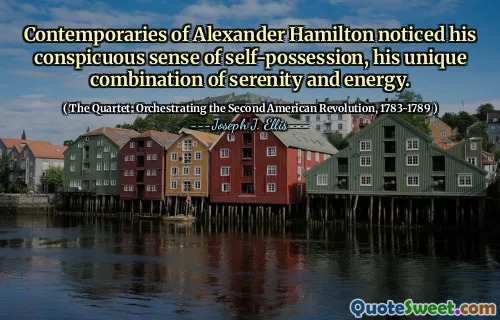He disliked the social obligations of the captaincy.
In Erik Larson's "Dead Wake: The Last Crossing of the Lusitania," the captain of the doomed ship found himself burdened by the expectations that came with his role. The pressures of social duties and obligations associated with being a captain weighed heavily on him, creating a conflict between his personal inclinations and the demands of his position. He felt constrained by the necessity of adhering to social norms, which often detracted from his focus on the ship's safety and his leadership responsibilities.
This internal struggle illustrates the broader theme of leadership and the challenges leaders face when societal expectations clash with their personal beliefs. The captain's discomfort with social obligations emphasizes the complexities of command, where one must balance the role's responsibilities with personal values and instincts. Ultimately, this tension adds depth to the characterization of the captain and reflects the heightened challenges faced during the ill-fated voyage of the Lusitania.





